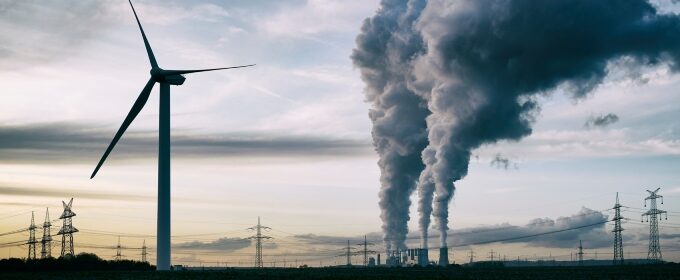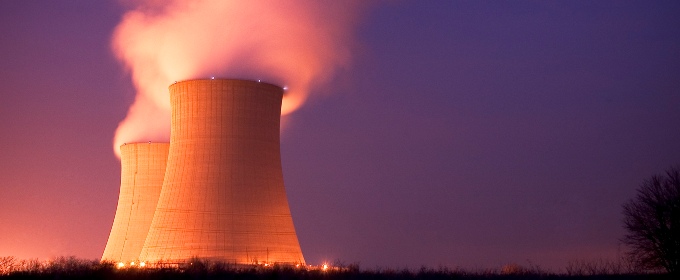Nearly a fifth of the UK’s carbon emissions are generated by businesses. With global emissions expected to be just 4% lower than in 2019, urgent action is required across all sectors to achieve net zero goals. But how can we push businesses to sustainability when their bottom line is at stake? Here, Professor Jonatan Pinkse, […]









